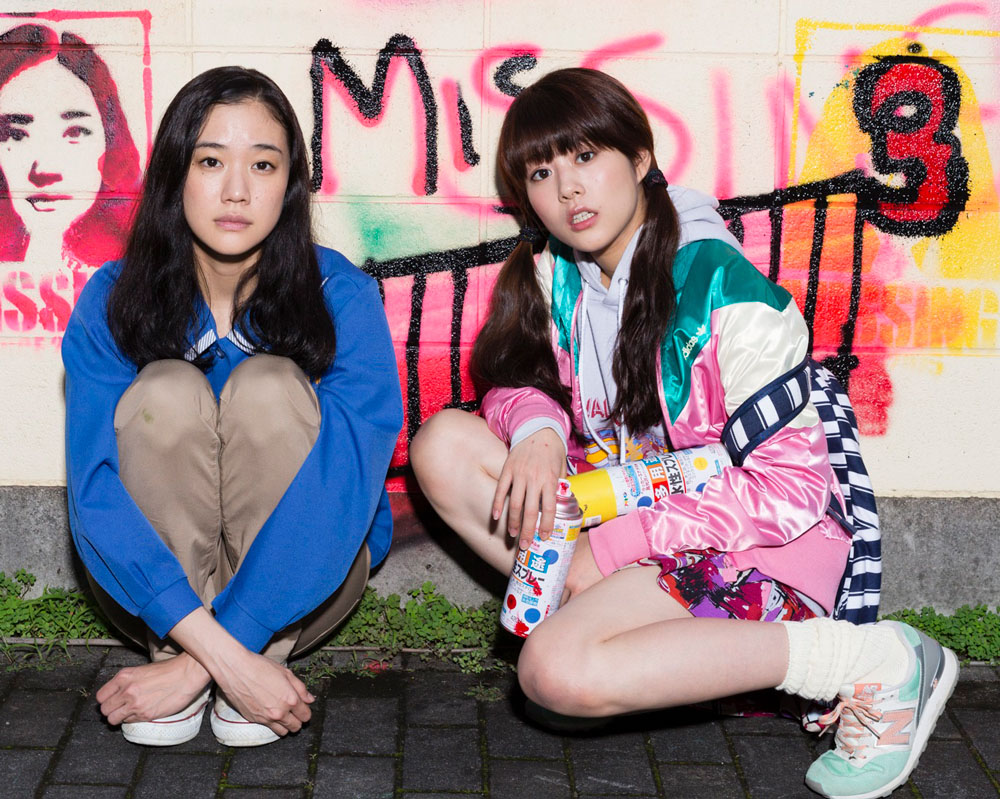Prime Minister Shinzo Abe has said he wants to build a society in which "all women can shine." But as Daigo Matsui graphically shows in his new film "Japanese Girls Never Die," women in Japan are still living in a male-dominated society that, in everything from unequal pay to blatant sexual harassment, serves as a de facto black-out curtain.
Based on a 2013 novel of the same title by Mariko Yamauchi, the film is less a didactic feminist manifesto than a fizzy mix of generational drama and dystopian fantasy, with the look and pace of a shot-on-the-fly documentary. It's a mix Matsui also used in "Wonderful World End" (2015), a music-video-based film screened at last year's Berlin film festival, and "Our Huff and Puff Journey" (Watashitachi no Haa Haa, 2015), a road movie with four rambunctious teen heroines.
As the English title indicates, the film's "girls" are hardly fragile reeds. In contrast to their men, who range from the weak to the contemptible, they glow like a field of natural energy that is sometimes manically destructive and always stubbornly alive.


















With your current subscription plan you can comment on stories. However, before writing your first comment, please create a display name in the Profile section of your subscriber account page.